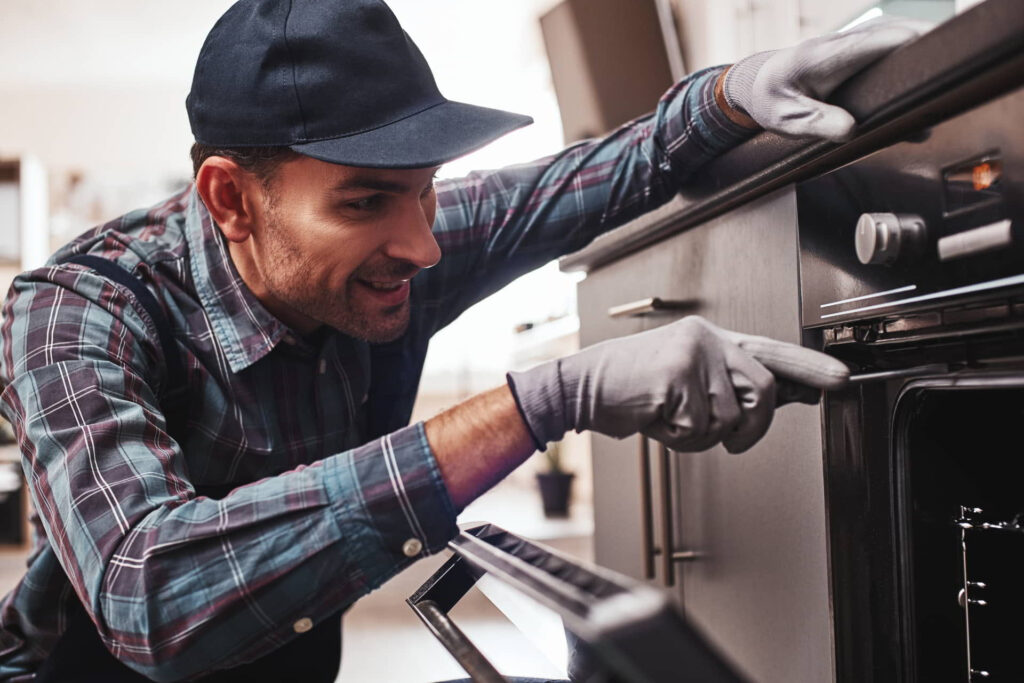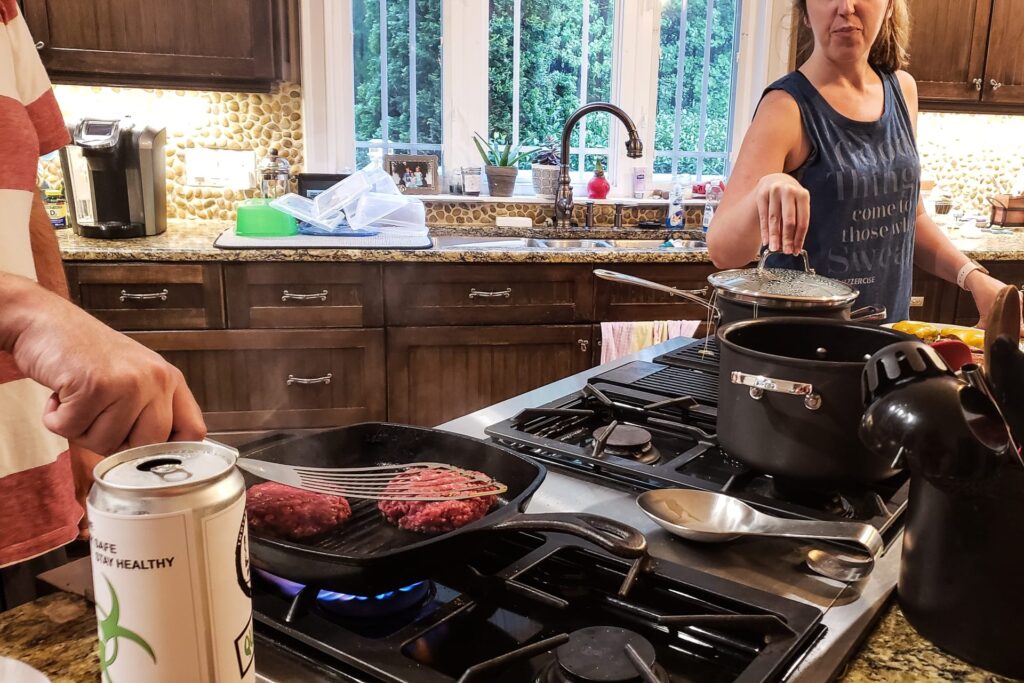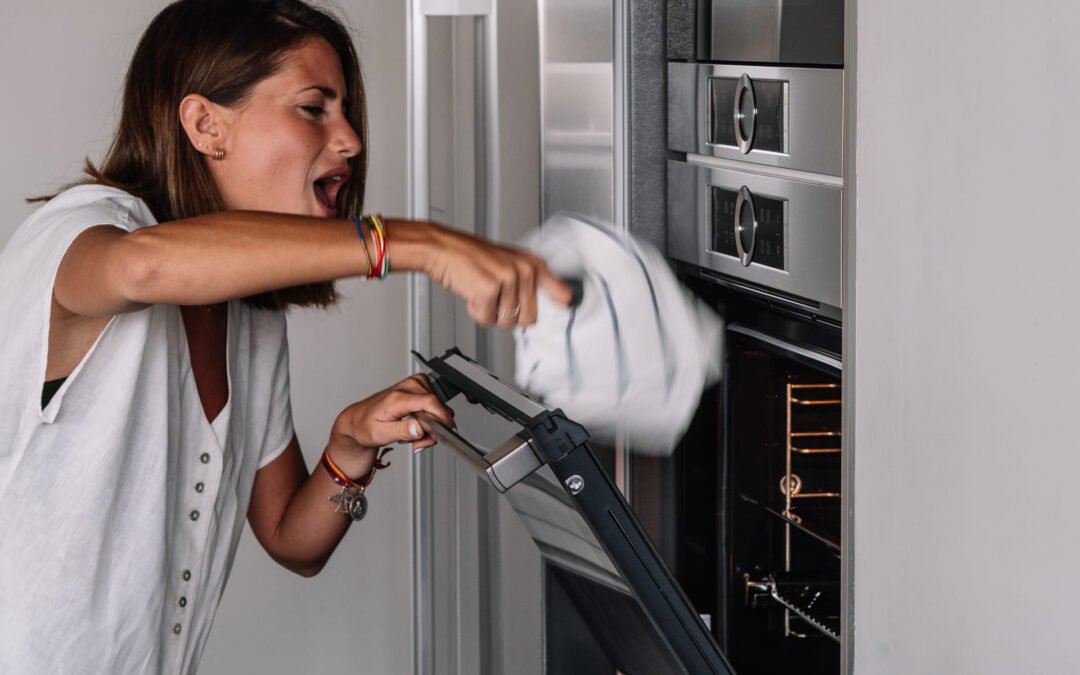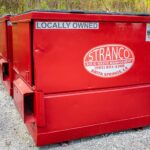A fully functioning oven and stove are essential for cooking meals efficiently. When they start showing signs of trouble, cooking can become frustrating, unsafe, and unpredictable. Issues can range from minor inconveniences to serious safety hazards. Knowing when to call an appliance repair service can help prevent costly replacements and potential dangers.
Common Signs an Oven or Stove Needs Repair
Renew Appliance Repair service in Slidell shares that a family preparing dinner may notice the oven taking longer than usual to preheat or the stovetop burners not igniting properly. These signs might seem minor at first, but they often indicate underlying issues. Appliances wear down over time, and even high-quality models can develop problems that require professional repair.
1. Burners Not Heating Properly
When a stove burner stops heating correctly, it can lead to uneven cooking and wasted time. A burner that only heats partially or not at all signals an electrical or gas flow issue. Ignoring this problem can result in further damage or even complete failure.
- Faulty burner coils or heating elements often cause inconsistent temperatures.
- Electrical problems such as a damaged socket or internal wiring failure may prevent proper function.
- Gas stoves may have clogged igniters or faulty gas connections leading to inefficient heating.
2. Oven Not Reaching the Right Temperature
An oven that never gets hot enough can leave food undercooked, while one that overheats may burn meals unexpectedly. This issue often stems from a failing heating element or a malfunctioning thermostat.
- Temperature sensors inside the oven may wear out, causing incorrect readings.
- Heating elements can weaken or burn out, requiring replacement.
- Control boards may develop faults, leading to inconsistent heat regulation.
3. Gas Stove Smells Like Gas
The smell of gas inside the kitchen when the stove is off is a serious concern. A gas leak poses immediate safety risks and should never be ignored. If the smell persists, immediate action is necessary.
- Loose or damaged gas line connections can allow gas to escape.
- Defective igniters may cause gas buildup before ignition, creating a dangerous situation.
- A failing gas regulator can lead to pressure imbalances and leaks.
4. Oven Door Won’t Shut Completely
A door that does not close properly allows heat to escape, making it harder to maintain an even cooking temperature. This leads to longer cooking times and wasted energy.
- Worn-out or broken door hinges may prevent the door from sealing shut.
- Damaged door gaskets cause heat loss, leading to inefficient cooking.
- A warped door frame may indicate structural damage that needs repair.
5. Electrical Issues With Controls
When oven or stove controls become unresponsive, it makes cooking difficult and unreliable. Electrical problems should be diagnosed quickly to avoid further damage.
- Malfunctioning control boards can lead to incorrect temperature readings or operational failure.
- Wiring problems may cause flickering displays or inconsistent heating responses.
- Loose knobs or buttons might indicate internal component wear that needs attention.

6. Strange Noises Coming From the Appliance
Unusual sounds such as buzzing, clicking, or rattling suggest mechanical or electrical issues. Ignoring these noises may result in bigger repair costs down the line.
- Loose components inside the appliance can vibrate and create noise.
- Failing igniters on a gas stove may produce repeated clicking sounds.
- Malfunctioning fans or motors in convection ovens often cause excessive noise.
7. Uneven Cooking or Baking Results
If one side of a dish burns while the other remains undercooked, the oven likely has heating issues. Uneven cooking is usually a sign of malfunctioning parts.
- Heating elements that have burned out may cause temperature inconsistencies.
- A faulty convection fan may fail to distribute heat properly.
- Sensor problems can prevent the oven from maintaining an even temperature.
8. Visible Signs of Damage or Rust
Over time, visible wear and tear can signal internal issues that need immediate attention. Damaged components may affect both performance and safety.
- Rust on oven racks or interior walls can weaken structural integrity.
- Cracked glass on oven doors may pose a safety hazard and reduce efficiency.
- Frayed wires or damaged insulation indicate electrical problems that should be addressed.
When to Call a Professional Appliance Repair Service
Renew Appliance Repair stresses that when these signs do appear, calling an appliance repair service can prevent small issues from becoming costly problems. A trained technician can diagnose and fix issues quickly, ensuring the appliance operates safely and efficiently. Delaying repairs may lead to more expensive fixes or even complete replacements.

Key Takeaways About Stove and Oven Repairs
- A stove burner that does not heat properly may indicate electrical or gas-related problems.
- An oven struggling to reach the right temperature likely has a faulty heating element or sensor.
- Any gas smell around a stove should be addressed immediately due to potential safety hazards.
- Electrical malfunctions affecting controls can signal internal damage that needs professional repair.
- Physical damage such as cracked glass or rust can affect both performance and safety.
Frequently Asked Questions About Oven and Stove Repairs
1. How often should an oven or stove be serviced?
Regular maintenance every 12 to 24 months can help prevent major issues and extend the lifespan of the appliance.
2. Can a gas stove leak without a noticeable smell?
Yes, minor leaks may not always produce a strong odor. A licensed technician can test for leaks with specialized equipment.
3. Why does my oven take longer to preheat than before?
A failing heating element, temperature sensor issues, or a faulty control board may cause extended preheating times.
4. Is it safe to use an oven with a broken door seal?
No, a damaged seal allows heat to escape, leading to uneven cooking and potential energy waste.
5. What should I do if my electric stove sparks when turned on?
Turn it off immediately and unplug it. Sparking may indicate damaged wiring or a short circuit that needs professional repair.
Recognizing the early warning signs of a malfunctioning oven or stove can prevent costly repairs and potential hazards. Whether it’s an issue with burners, heating elements, or gas connections, addressing problems quickly ensures a safe and efficient cooking experience.











